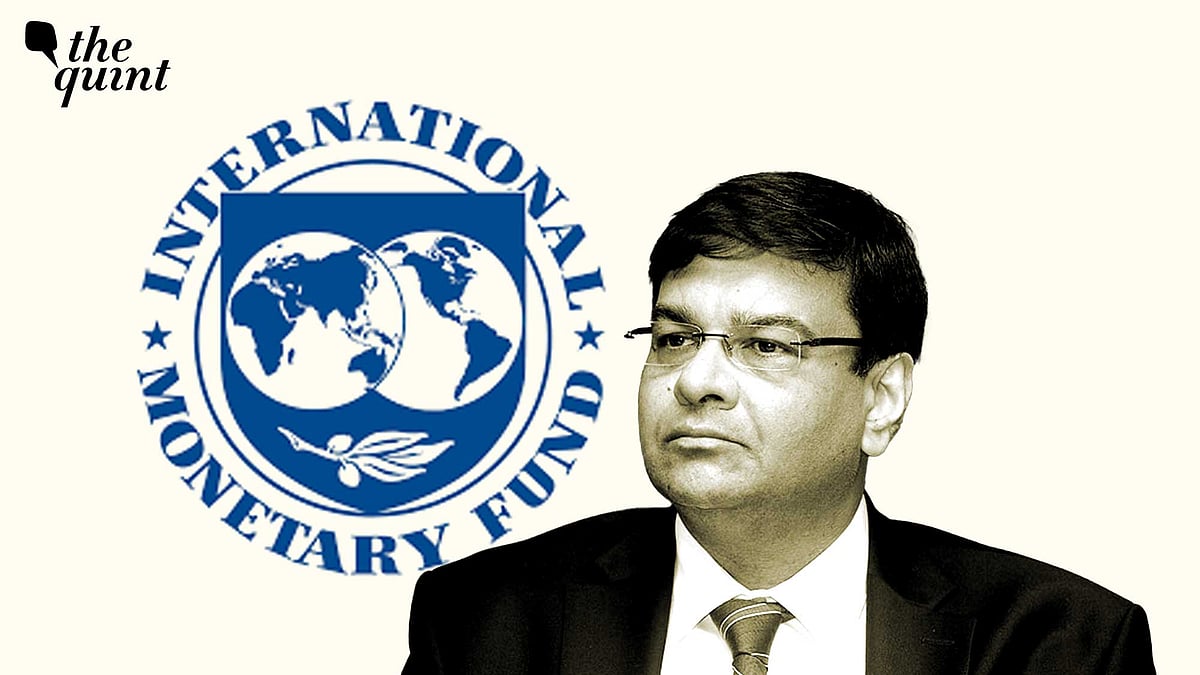The IMF’s role is most eminently suited for economist-administrators. It works with countries in their economic crises—fiscal, monetary, and external. The IMF’s responsibility also includes maintaining global financial order and stability.
Considering this specialised nature of the IMF job, India has been nominating economists with extensive economic policy and central banking experience.
During the last decade, Rakesh Mohan, Subir Gokarn, Surjit Bhalla, and K Subramanian occupied this position. Rakesh Mohan and Subir Gokarn had served as Deputy Governors of RBI before being entrusted as Executive Directors at the IMF. Bhalla had extensive academic and research experience. Subramanian had worked as Chief Economic Adviser.
Rakesh Mohan, Subir Gokarn, and Surjit Bhalla gave a good account of themselves while in IMF. They contributed notably to the mission of IMF maintaining India’s good profile and say. Their contributions were widely appreciated.
Urjit Patel steps into these muddied waters.
His appointment brings an ex-RBI Governor as India’s ED in IMF after at least 35 years. He is a brilliant user of data and has the ability to present his arguments and case with perfect clarity and professionalism. He has the right experience in the IMF domain area as well.
I am quite sure that he would step into this role like a fish takes to water. He will certainly repair India’s record and profile at IMF, sullied by Subramanian. He would make much better contribution to the global financial and crises management.
The IMF posting should be a good redemption for both, Urjit Patel and India.
(Subhash Chandra Garg is the Chief Policy Advisor, SUBHANJALI, and Former Finance and Economic Affairs Secretary, Government of India. He’s the author of many books, including ‘The $10 Trillion Dream Dented, ‘We Also Make Policy’, and ‘Explanation and Commentary on Budget 2025-26’. This is an opinion piece, and the views expressed above are the author’s own. The Quint neither endorses nor is responsible for the same.)
